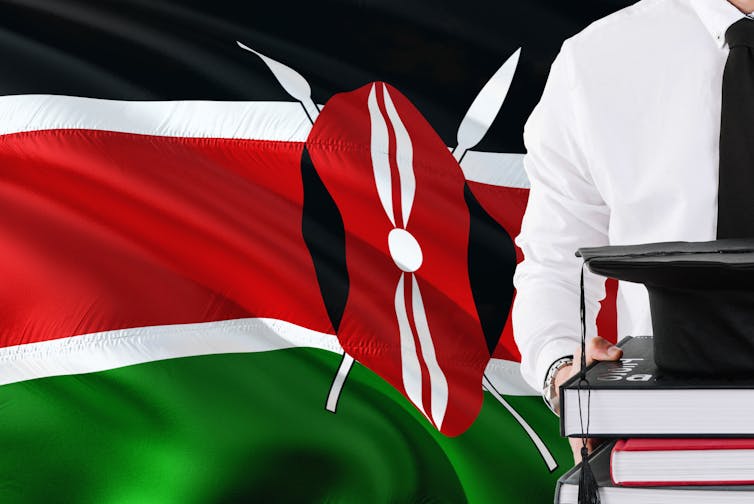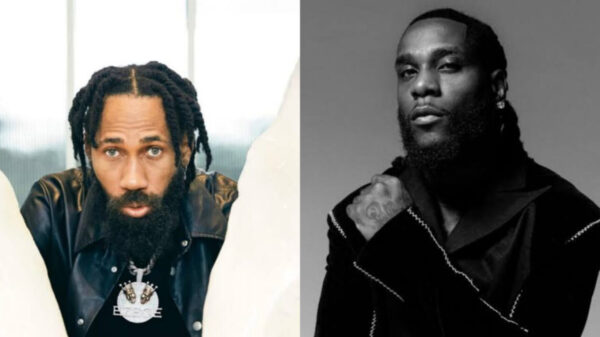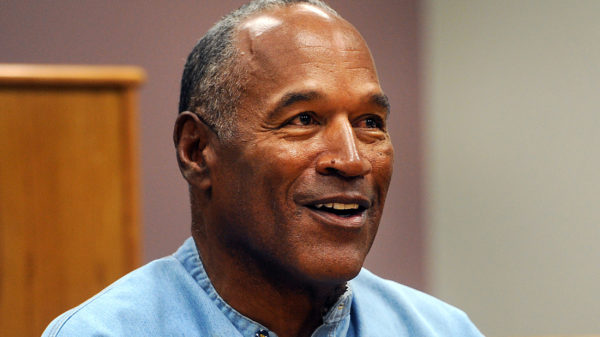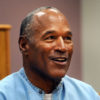In many African countries, the demand for higher education has increased tremendously in recent years. In Kenya for instance, universities have expanded more than six-fold in the past 20 years.

This massive expansion has created a crisis with university facilities. As a result lecture halls, laboratories and workshops have become stretched beyond their limits. In addition, expanding without adequate financing has led to universities neglecting programs that require substantial capital investment. These include the health sciences, science, and technology as well as engineering.
In addition, little attention has been paid to critical curriculum reforms that would make education relevant to a changing and competitive labor market.
My book, “The State and the University Experience in East Africa: Colonial Foundations and Postcolonial Transformations in Kenya”, explores the dynamics that have influenced higher education in Kenya and the East African region during the colonial and post-colonial period.
Broadly, the book notes how the expansion of private and public universities in the last few decades has helped to increase access. Yet, less than 15% of students who complete high schools in Kenya can join universities. Last year only, 90,755 out of 660,204 students who completed high school qualified to join universities.
In addition, the politically driven expansion of public universities has undermined vocational and technical colleges. Many were converted to universities. This had a detrimental effect on poorer Kenyans who were less likely to gain university admission.
Also, the sector expanded without adequate support for research. Without knowledge production through research, universities have failed to provide solutions to the country’s myriad challenges.
I show that university policies were a product of political, economic and social forces in Kenya and the region. And I look at what needs to be done to improve the sector.
Findings
I identified three major policy trends that have shaped university education since its inception in Kenya and East Africa.
First was the elitist inter-territorial concept that characterized university policy between 1949 and 1970. During this period Kenya, Uganda and Tanzania shared a single university. As a result, only a tiny elite of East Africans could access university.
The second was the transitional period of 1970 to 1978. This followed the breakup of the regional university arrangement. During this period there were fierce debates in Kenya that centered around access.
On the one hand, there was increased demand for university access by people from within the University of Nairobi (mainly administrators), and some politicians. On the other, elitist and conservative bureaucrats preferred limiting access.
Lastly, from 1978 to 2002, the foundation was laid for university liberalization. This included the establishment of new public universities and the emergence of private universities. Rapid expansion followed.
Throughout this period, universities were also affected by various social and political changes. These included the rise of African nationalism, independence, and East African regional integration.
Other major events included the succession of President Jomo Kenyatta by Daniel Arap Moi. Unlike Kenyatta, Moi sought to use university policy to consolidate his power-base. He embarked on reforms aimed at addressing the colonial and Kenyatta-era policies of restricted access. These had limited the size and nature of the national elite. They also had an adverse effect on the marginalized nomadic communities that he came from.
Another important factor was the World Bank’s structural adjustment programs that lead to funding cuts.
What needs to be done
I identified a number of areas where urgent action is needed.
Firstly, Kenya’s university curriculum is aimed at pushing students into defined occupations. Most university students complete their education with very limited exposure to liberal education.
For example, students pursuing degrees in engineering or scientific fields aren’t exposed to humanities and the social sciences. And those studying for degrees in business, humanities or the social sciences aren’t exposed to the sciences or mathematics.
The remedy to this narrow specialization is to introduce a liberal education curriculum model. This has worked well in developed countries such as the U.S liberal education helps to broaden and enrich students’ perspectives. It also equips them with critical and problem-solving skills.
Secondly, there’s an urgent need for a more robust but sensible university regulatory regime. As the former Minister for Education, Jacob Kaimenyi noted, universities are suffering from low academic and ethical standards. Many lecturers don’t show up for classes. There’s a reliance on outdated teaching material and students’ transcripts often get misplaced.
Intervention by administrators, policymakers and other stakeholders is required to restore the academic integrity of Kenyan universities.![]()
Michael Kithinji, Associate Professor, University of Central Arkansas
This article is republished from The Conversation under a Creative Commons license. Read the original article.








































